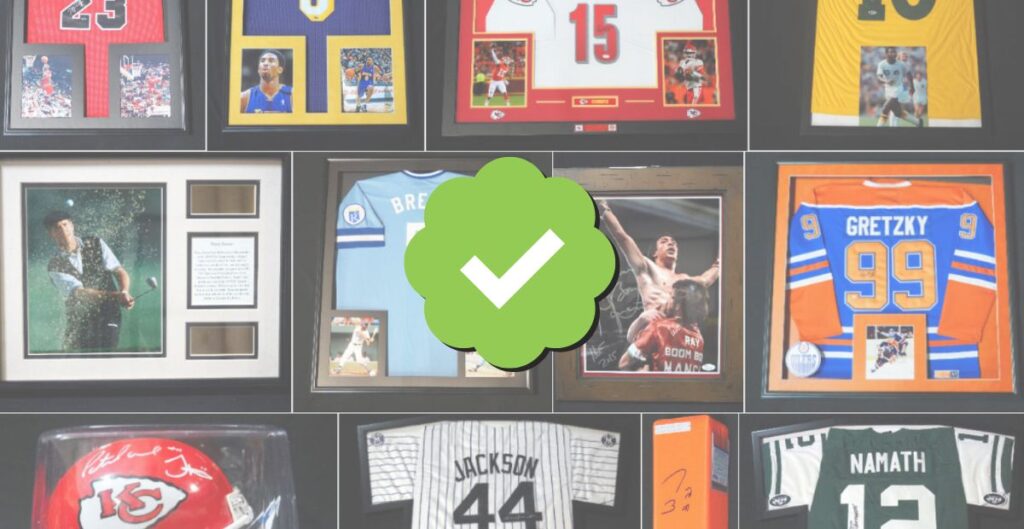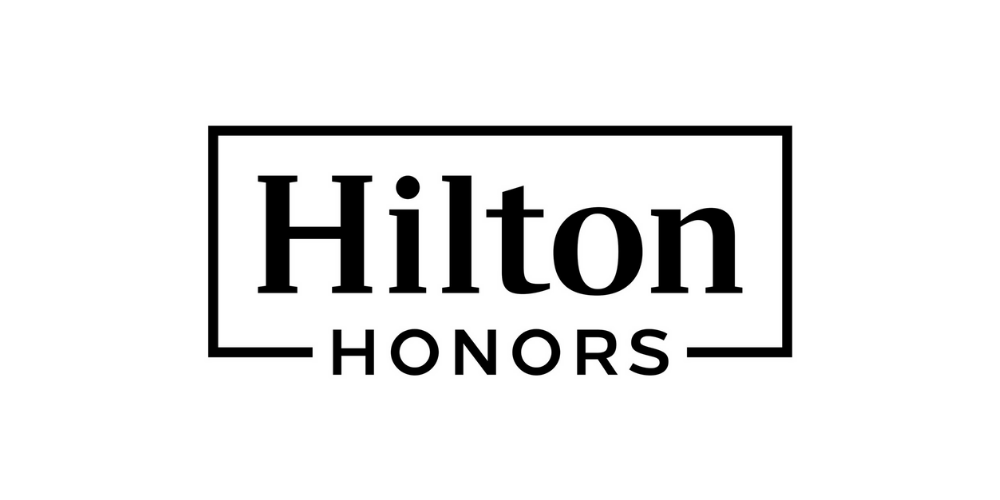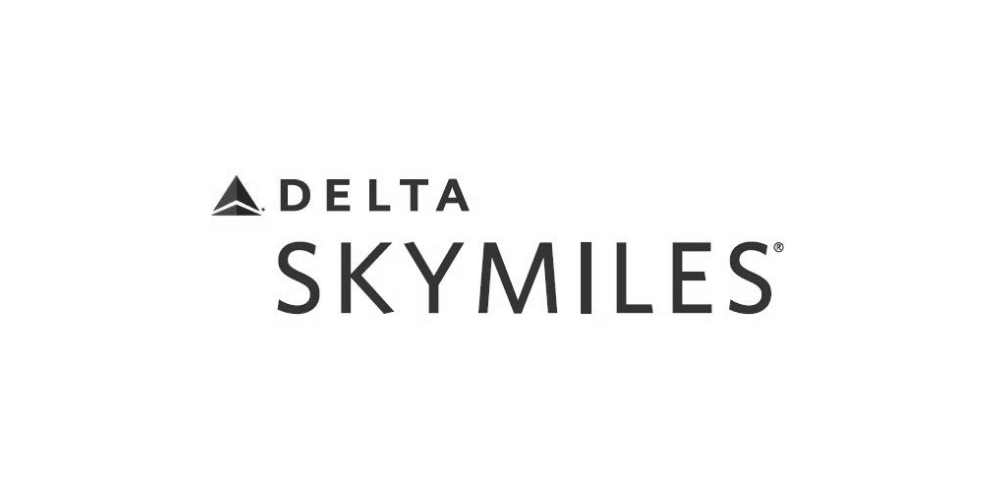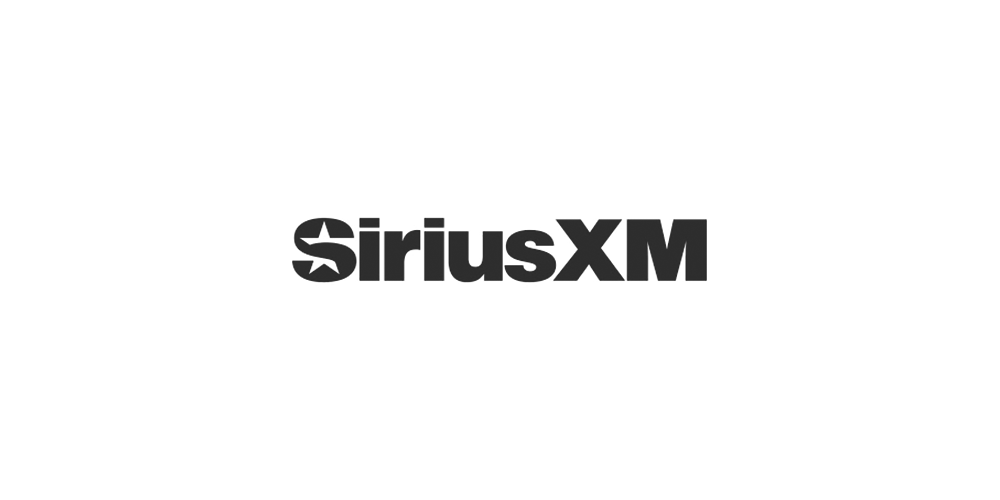Owning your own Marketplace drives credibility. Official Marketplaces carrying authentic memorabilia enhance a league or team’s reputation. If fans and consumers purchase fake memorabilia ostensibly from a league or team, it erodes trust and diminishes the perceived value of the program. Implementing robust authentication measures for memorabilia is essential to protect the league, team, Marketplace, and fans themselves.
Authenticating sports memorabilia is particularly important due to the significant value that rare and historic items can hold. Here’s how the process generally works:
- Expert examination: Trained experts in the field of sports memorabilia examine the item in question. These experts have in-depth knowledge of the specific details, materials, and characteristics that differentiate genuine items from fakes.
- Physical attributes: Experts inspect various physical attributes of the item, such as the materials used, stitching, printing quality, and any unique features that are consistent with the time period and production methods.
- Comparative analysis: Experts often use comparative analysis by comparing the item to known authentic examples. This can involve comparing signatures, materials and other details to reference items.
- Documentation and provenance: A crucial aspect of authentication is the item’s provenance or history of ownership. Well-documented ownership history adds credibility to the item’s authenticity. Documents, photographs and firsthand accounts can all contribute to establishing provenance.
- Player signatures: For items with player signatures, experts compare the signature to known authentic examples. They pay attention to factors such as the flow, size, consistency and overall appearance of the signature.
- Authentication companies: Some specialized companies and experts focus solely on sports memorabilia authentication. These companies often provide certificates of authenticity (COAs) that accompany the item. For example, PSA is the industry leader in sports and hobby card grading as well as autograph and memorabilia authentication.
- Holograms and security features: Holograms, unique serial numbers and security features may be added to the item or the COA to deter counterfeiting and make it easier for buyers to verify authenticity.
- Public awareness and education: Sports memorabilia organizations and companies often educate the public about common scams and how to spot fake items. This empowers collectors to make informed decisions.
Having your own Marketplace allows you to create a controlled environment that prioritizes authenticity, quality and customer trust. This can lead to long-term success, brand loyalty and a positive impact on the overall authentication ecosystem.
Partner with Commerce Dynamics today and empower your customers to engage with your Marketplace.







